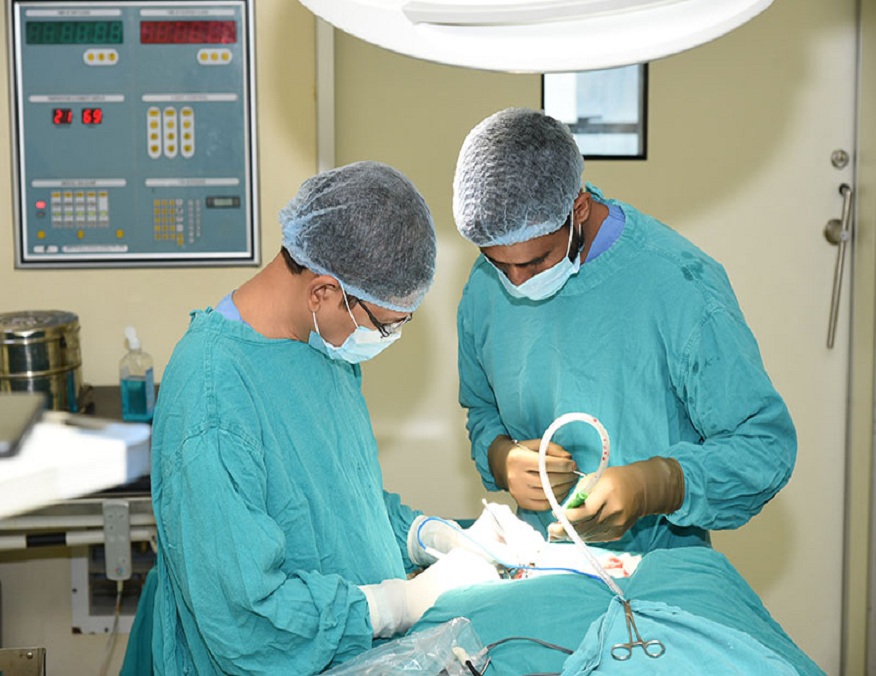Roswell pinched nerve is a common condition that can cause pain, numbness, and tingling in various parts of your body. If you’re experiencing these symptoms, you may need to see a neurosurgeon. Neurosurgeons are specialized physicians who focus on the diagnosis, treatment, and prevention of conditions that affect the brain, spinal cord, and nervous system.
What Do Neurosurgeons Do?
Neurosurgeons are trained to treat a wide range of conditions that affect the nervous system, including:
- Brain tumors
- Spinal cord injuries
- Stroke
- Epilepsy
- Parkinson’s disease
- Herniated discs
- Pinched nerves
- And more
They use a variety of techniques and technologies to diagnose and treat these conditions, including:
- Imaging studies, such as MRI, CT scans, and X-rays
- Minimally invasive surgery
- Radiotherapy
- Electrophysiological monitoring
- And others
Why Are Neurosurgeons Important?
Neurosurgeons are essential to the healthcare system because they provide specialized care for patients with conditions that are often complex and difficult to treat. They work closely with other healthcare professionals, such as neurologists, radiologists, and oncologists, to provide comprehensive care to their patients.
Furthermore, neurosurgeons are constantly pushing the boundaries of what is possible in their field. They are often at the forefront of medical research and innovation, developing new techniques and technologies that can improve outcomes for patients.
When Should You See a Neurosurgeon?
If you’re experiencing symptoms that suggest a condition affecting your nervous system, it’s important to seek medical attention as soon as possible. Depending on your symptoms, your primary care physician may refer you to a neurosurgeon. Common reasons to see a neurosurgeon include:
- Chronic headaches
- Seizures
- Back or neck pain
- Numbness or tingling in your limbs
- Difficulty walking or balancing
- Unexplained changes in vision or hearing
- And more
Your neurosurgeon will work with you to develop a treatment plan that is tailored to your specific needs and medical history. Depending on your diagnosis, this may include surgery, medication, physical therapy, or other interventions. Your neurosurgeon will also provide ongoing care and support to help you manage your condition and maintain your quality of life.
Conclusion
Neurosurgeons play a vital role in healthcare, providing specialized care for patients with conditions that affect the brain, spinal cord, and nervous system. They use a variety of techniques and technologies to diagnose and treat these conditions and are often at the forefront of medical research and innovation. If you’re experiencing symptoms that suggest a condition affecting your nervous system, it’s important to seek medical attention as soon as possible and to work closely with your neurosurgeon to develop a treatment plan that is tailored to your specific needs.



